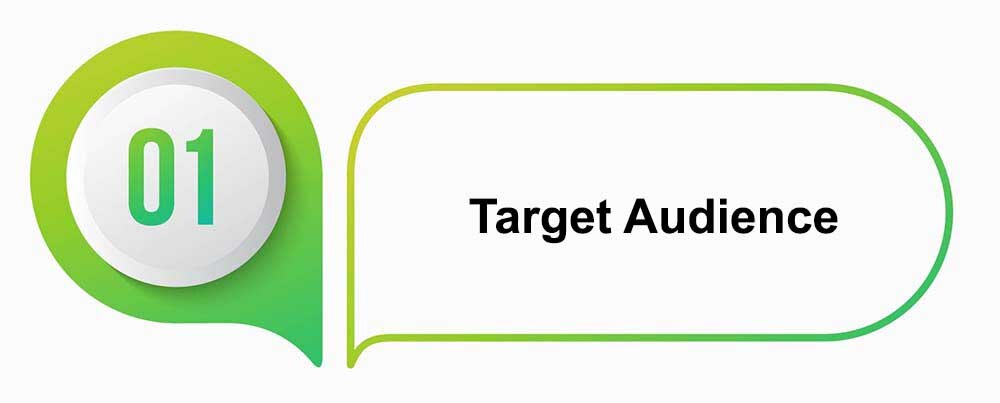
Stay Ahead of the Competition with Digital Hype’s Expert Keyword Analysis and Targeting Techniques
Keyword research is a crucial aspect of search engine optimisation (SEO). It involves identifying the words and phrases that people use when searching for products or services like yours, and then optimising your website to rank for those keywords. At Digital Hype, we use a variety of techniques, tools, and resources to conduct keyword research for our clients. Here we’ll walk you through our process and provide some tips on how to conduct your own keyword research.

Step 1: Identify Your Target Audience
Before we begin researching keywords, we first need to understand who our target audience is. This includes identifying their demographics, interests, and pain points. This information will help us determine the language they use when searching for products or services like yours.
To gather this information, we use tools like Google Analytics and social media analytics to analyse our clients’ current website traffic and social media followers. We also conduct surveys and focus groups to gather more in-depth information about our clients’ target audience.

Step 2: Research Semantic Keywords
Semantic keywords are words and phrases that are related to your main keywords. They provide additional context and help search engines understand the meaning of your content.
To research semantic keywords, Digital Hype use tools like Google’s Keyword Planner and SEMrush. These tools allow us to enter a main keyword and see a list of related keywords. We also use the Google Search Console to see the related keywords that people have used to find our clients’ websites.

Step 3: Research Competitors’ Keywords
In order to outrank your competitors, it is important to understand which keywords they are ranking for. We use tools like SEMrush, Ahrefs, and SpyFu to research our clients’ competitors. These tools allow us to see which keywords our clients’ competitors are ranking for, as well as their search volume and CPC.

Step 4: Research Negative Keywords
Negative keywords are words or phrases that you do not want your ad to show up for. They are essential for PPC campaigns and will help to save your budget by filtering out irrelevant search queries.
To research negative keywords, we use the Google Ads Keyword Planner. This tool allows us to enter a list of keywords and see a list of related negative keywords.

Step 5: Organise and Prioritise Your Keywords
After researching all these different types of keywords, it’s important to organise and prioritise them. We use a spreadsheet to organise our keywords and assign them a priority level based on their search volume, CPC, and relevance to our clients’ products or services.
Digital Hype’s Keyword Research: The Foundation for a Strong Online Presence

Keyword research is a crucial aspect of SEO. By understanding your target audience and researching semantic, competitors, and negative keywords, Digital Hype’s SEO consultants can optimise your website to rank for the keywords that will drive the most relevant traffic to your site. We use a variety of techniques, tools, and resources to conduct keyword research for our clients to help them achieve maximum visibility on the SERPs.
